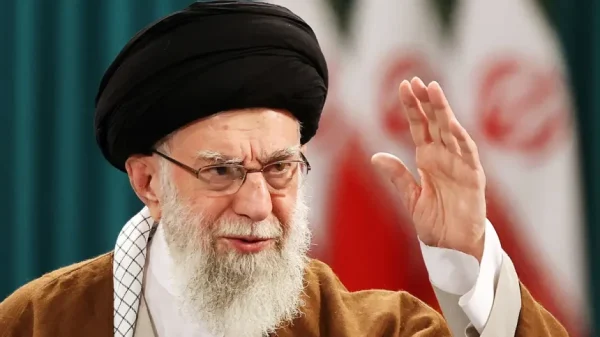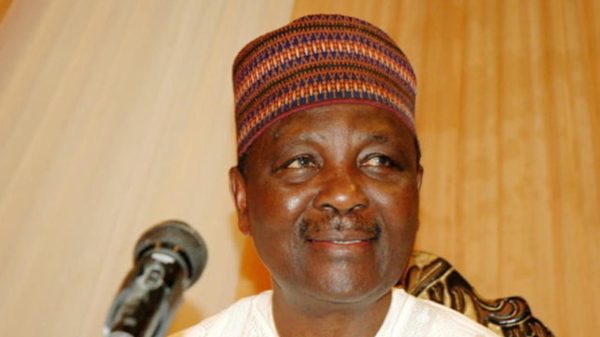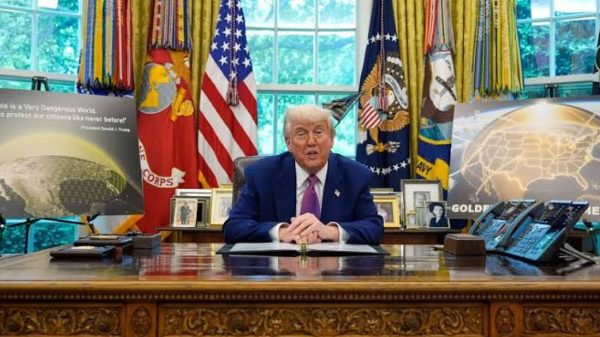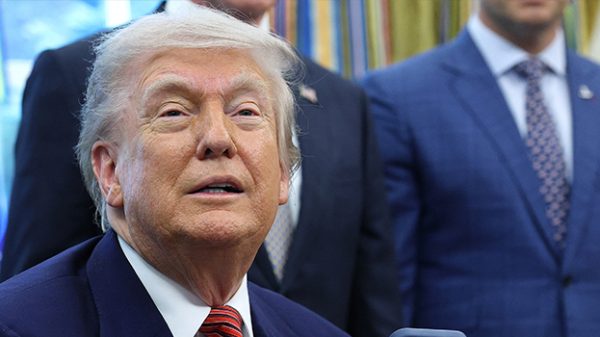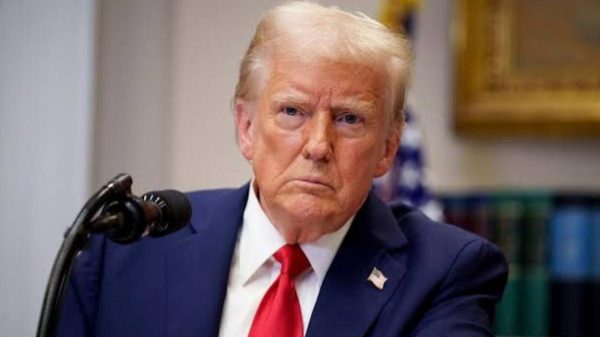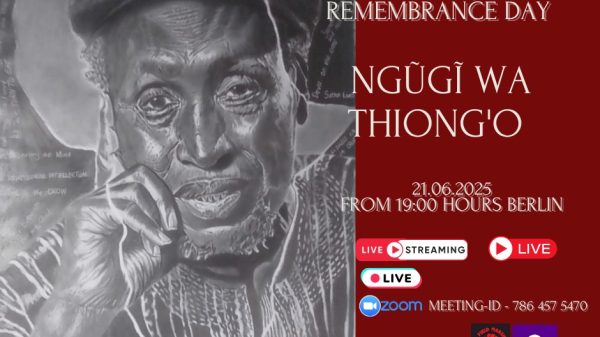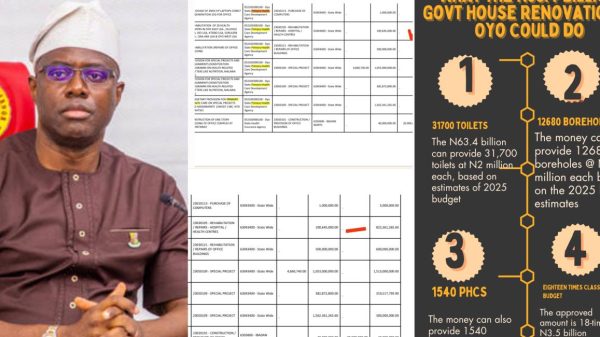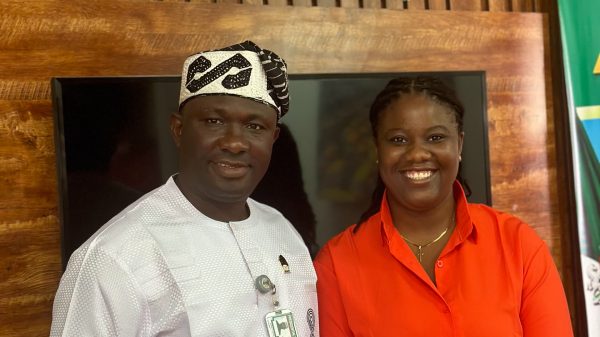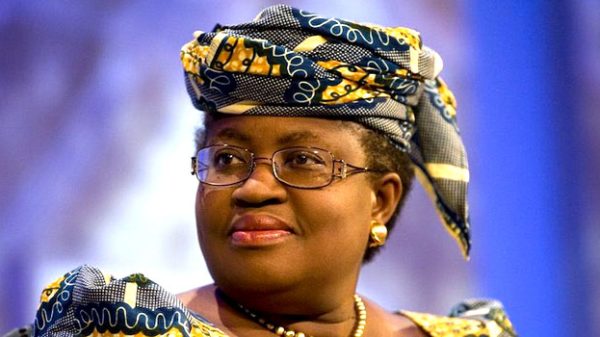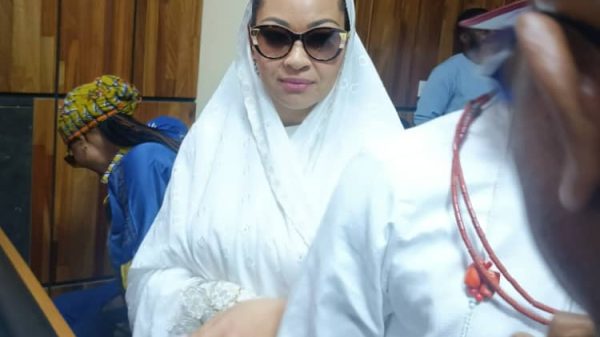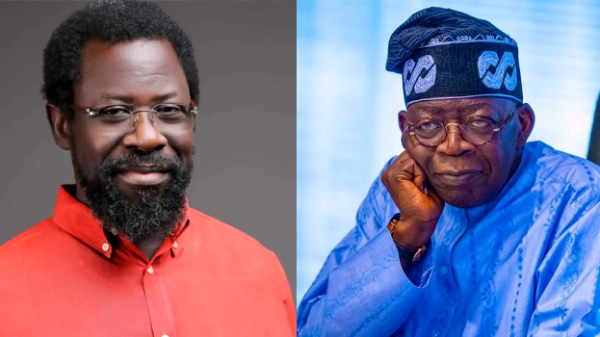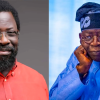The ongoing tension between former Nigerian President Olusegun Obasanjo and current President Bola Tinubu has sparked significant debate in the country. In a recent critique by Kennedy Emetulu, the author portrayed Obasanjo as an emblem of Nigeria’s political past, laden with controversy, and urged Tinubu to focus on shaping a forward-looking, transitional leadership for the nation.
Kennedy Emetulu’s article accused Obasanjo of leveraging his influence to undermine successive administrations while failing to address Nigeria’s core challenges during his time in power. The piece highlighted several contentious aspects of Obasanjo’s leadership, including allegations of corruption, attempts at constitutional amendments for a third term, and questionable electoral practices during his tenure.
“Obasanjo has no conscience and has proved that repeatedly in his rulership of Nigeria,” Emetulu wrote, emphasizing the former president’s alleged role in fostering the conditions that enabled military rule and economic instability.
Emetulu argued that Obasanjo’s criticism of Tinubu reflects hypocrisy, given his own controversial governance record.
While critical of Tinubu’s early performance, Emetulu urged Nigerians to allow the president time to fulfill his mandate. He acknowledged issues such as “increasing waste and runaway corruption” but refrained from passing a definitive judgment on Tinubu’s leadership.
“I will not judge him now. But Obasanjo? His judgment is already passed. He’s a curse to our nation as a leader,” Emetulu asserted.
The article stressed the need for Tinubu to focus on laying the groundwork for a generational shift in leadership, moving away from the entrenched political dynamics of Nigeria’s post-independence leaders, referred to as the “Class of 1966.”
Emetulu positioned Tinubu as a potential bridge to the future, urging the president to prioritize preparing the next generation of leaders. He cited the importance of transitioning from a political class marred by failures to a new cadre capable of addressing Nigeria’s pressing challenges with fresh perspectives.
“Your election has put an end to an epoch – the epoch of the Class of 1966. You must help close the dark chapter of failed leadership in Nigeria and usher in a new leadership that will give Nigerians real hope,” Emetulu advised.
The article concluded with a reminder to Tinubu about the weight of his responsibility, suggesting that his success would depend not just on his policies but on his ability to inspire a new era of governance.
This latest critique underscores the growing impatience among Nigerians for meaningful leadership and governance reforms. As the nation looks to its leaders for solutions, the debate between old and new political ideologies continues to shape the country’s future.


